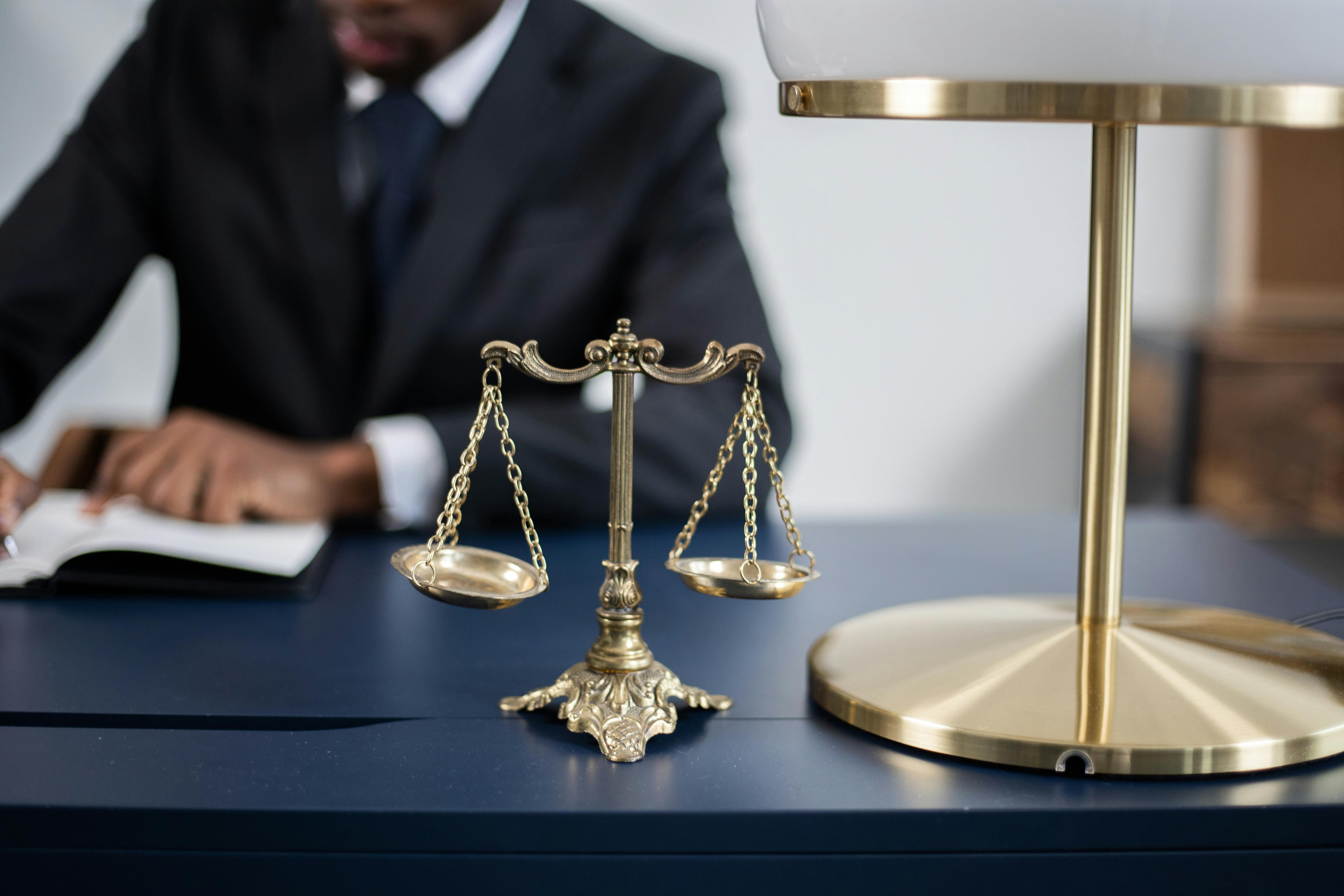
Dealing with expert witnesses
admin
- 0
Expert ‘ek-spert. Syn ver specialist, authority, connoisseur, big shot, maven. Eventually, his career as a litigator will bring him face to face with one of these, and he will have to know how to handle the situation.
I remember my first expert statement. I didn’t handle it that well. I was representing a real estate broker who was being sued in a multi-party construction defect case. He was depositing the plaintiffs’ architectural expert on the defects in the development. I asked the expert if he had any opinion on whether my client breached any duty to buyers. He said no.” I really should have left it at that, but I didn’t. Instead, I wasted half a day exploring in excruciating detail whether the expert had any opinion as to whether my client should have disclosed any and all specific construction defects listed in the complaint. To eye rolls and audible groans from the other attorneys in the room, the expert patiently said “no” to each question, thanked me when I was done with my cross-examination, pulled out a calculator, and happily calculated. fucked up your account
The lesson is simple. Prepare a smart game plan based on the fundamentals and execute it in a disciplined manner. Most types of cases will have experts. Every medical malpractice case will have experts. Therefore, it is useful to learn, or refresh your memory, about the basics.
There are several general requirements for experts and expert testimony. The subject matter of the expert testimony must be beyond the experience of ordinary witnesses and the testimony must be useful to the trier of fact. Obviously. Code §801, subd. (TO). The witness must be qualified as a subject matter expert due to special knowledge, skills, experience, training, or education. Obviously. Code §720, subd. (TO). Experts may also be parties, and the jury may weigh that fact when considering the credibility of the witness. douglas v. Ostermeier (1991) 1 Cal. App. 4th 729.
An expert may base his testimony on reliable information about the case itself, reliable texts, information given in the form of a hypothetical question, or evidence conducted by the testifying expert or another expert. Obviously. Code §801, subd. (b); Guardianship of Jacobson (1947) 30 Cal.2d 312, 324. If the expert testimony involves a new scientific technique, that technique must satisfy the “general acceptance” test of People v. Kelly (1976) 17 Cal.3d 24, 30.
These are the steps to follow to qualify your expert. Ask your expert their profession and area of expertise. Make your expert more than just a talking head. Have your expert indicate the subject on which he is testifying to give the jury an idea of the witness’s purpose at trial. This is somewhat like the thesis statement at the beginning of an essay and helps to set the stage.
Ask your expert to describe their background and education. When talking about education, don’t just ask about college and graduate school. Include questions about seminars or other special classes if they relate to the subject of the litigation or the relevant area of expertise. Ask about research papers or other published works that your expert has written, especially if they make your expert seem particularly qualified on the subject of the action. If your expert received academic scholarships or honors, ask about them.
Next, you should explore the expert’s work experience. Have your expert explain any special titles, such as “professor emeritus,” so the jury can appreciate their significance. Also, emphasize any prestigious aspects of your expert’s work experience to increase your expert’s credibility.
Try turning your expert’s resume into evidence. The resume is arguably hearsay and possibly conflicts with Evidence Code §352. But if you enter it, it will serve as a reminder of your expert’s credentials while the jurors deliberate.
Establish that your expert has qualified to test as an expert in other cases. Discuss the various courts in which your expert has been rated. Be discreet here, however; there is the possibility in this area of making your expert look like a mercenary or biased in favor of a particular side if he or she only testifies for that side. Also, note that an expert is not required to have prior trial experience in court. McCleery v. Bakersfield (1985) 170 Cal. App. 3d 1059, 1065-66.
Don’t stipulate your expert’s rating if your opponent offers it to you. It is always better to impress the jury by having testimony about the specific qualifications of your expert.
If you intend to use a diagram or graph, prepare the base before testing. Try to get the stipulation from your opponent before the trial starts. Alternatively, if you need to present your expert’s diagram or graph despite an objection, establish the expert’s expertise in producing similar diagrams or graphs. Ask about the information used to make the diagram or table. Ask if the diagram or graph accurately and fairly reflects the conditions depicted or summarized. Establish how it was done and that it is reliable. Finally, check your local regulations for any special requirements related to illustrations, diagrams, and graphs.
Those are the rudiments, the further explanation of which is probably beyond the scope of this article. To dig a little deeper, here are some other things to keep in mind to take your skills to the next level.
There are several possible objections that you can raise against your opponent’s expert, and that you should anticipate your opponent will raise against your expert. Preparing possible rebuttals to these objections will increase your effectiveness when dealing with experts.
There is a possible objection that an expert is not qualified. Either party may request a §402 Evidence Code hearing regarding an issue that could trigger any of the qualifying factors listed above.
There may be legal requirements related to expertise that could prevent an expert from performing tests. For example, Health and Safety Code §1799.110, subdivision (c), requires five years of experience as an emergency room physician for any person who wishes to testify as an expert in the standard of care in that field.
Either party may raise an objection that the matter is not beyond the experience of ordinary witnesses, that the opinion is based on an inappropriate matter, that the expert should be asked to establish the basis for the opinion (i.e., that the opinion lacks an adequate foundation), that the testimony is irrelevant, that the testimony will not help the fact-finder, that a hypothetical question is incomplete or assumes facts not in evidence, or that the expert’s testimony is prejudicial, time-consuming, misleading, to error or is misleading and therefore can be excluded under Evidence Code §35 2.
As a final thought, it helps to make your expert seem warm and engaging, as well as intelligent and believable. Stand near the jury box during direct examination so that your expert directs your answers towards the jury. Ask open-ended questions that allow your expert to build on his experience without appearing condescending. Ask your expert to stand up when using the diagram or graph. That image will remind jurors of a teacher standing at the blackboard, subliminally evoking a child’s confidence and reinforcing credibility.
I hope these points have been helpful, and I realize that any one of them alone could have been the subject of a much longer article, but we do the best we can with the time and space available. Good luck and happy experience!

